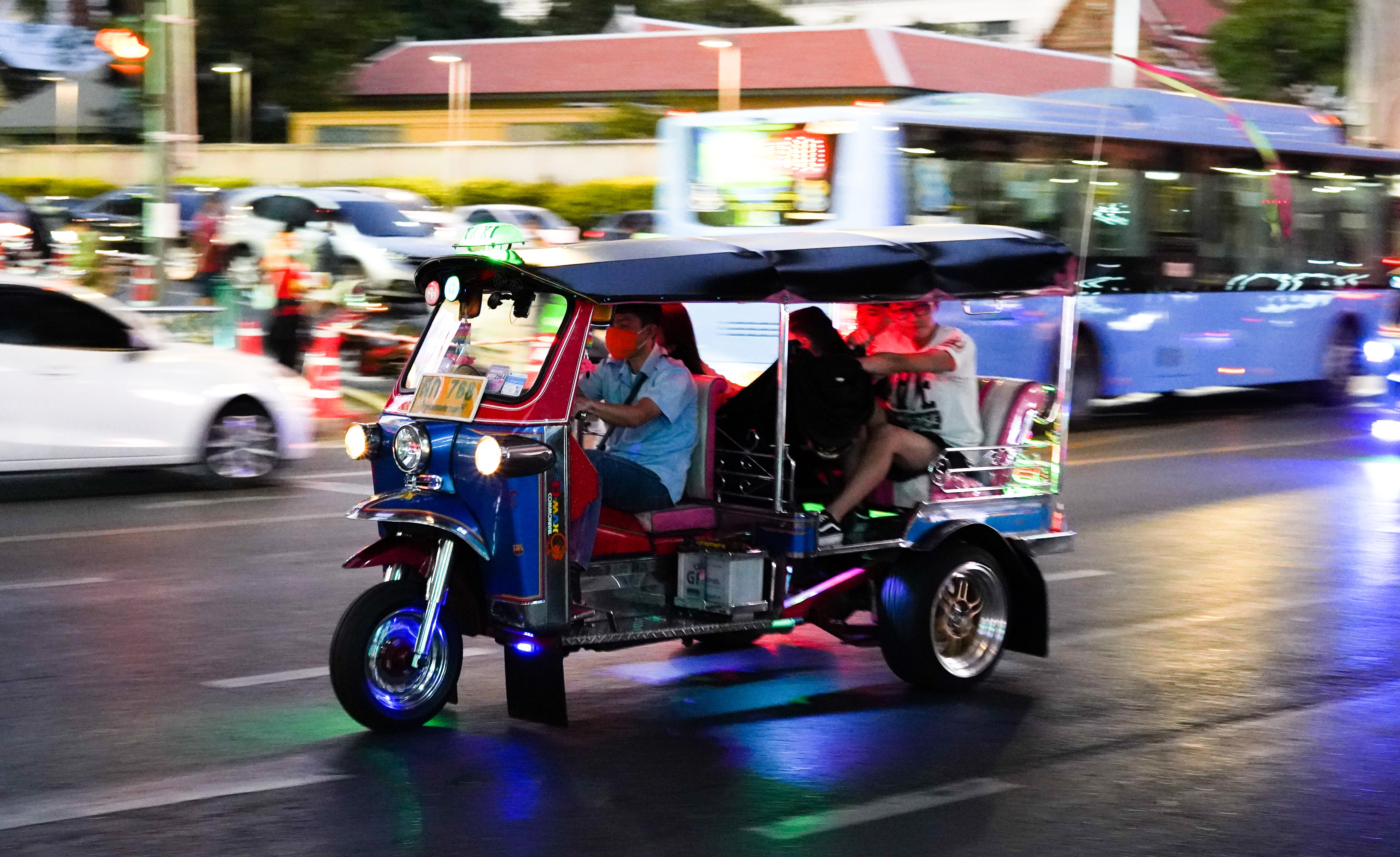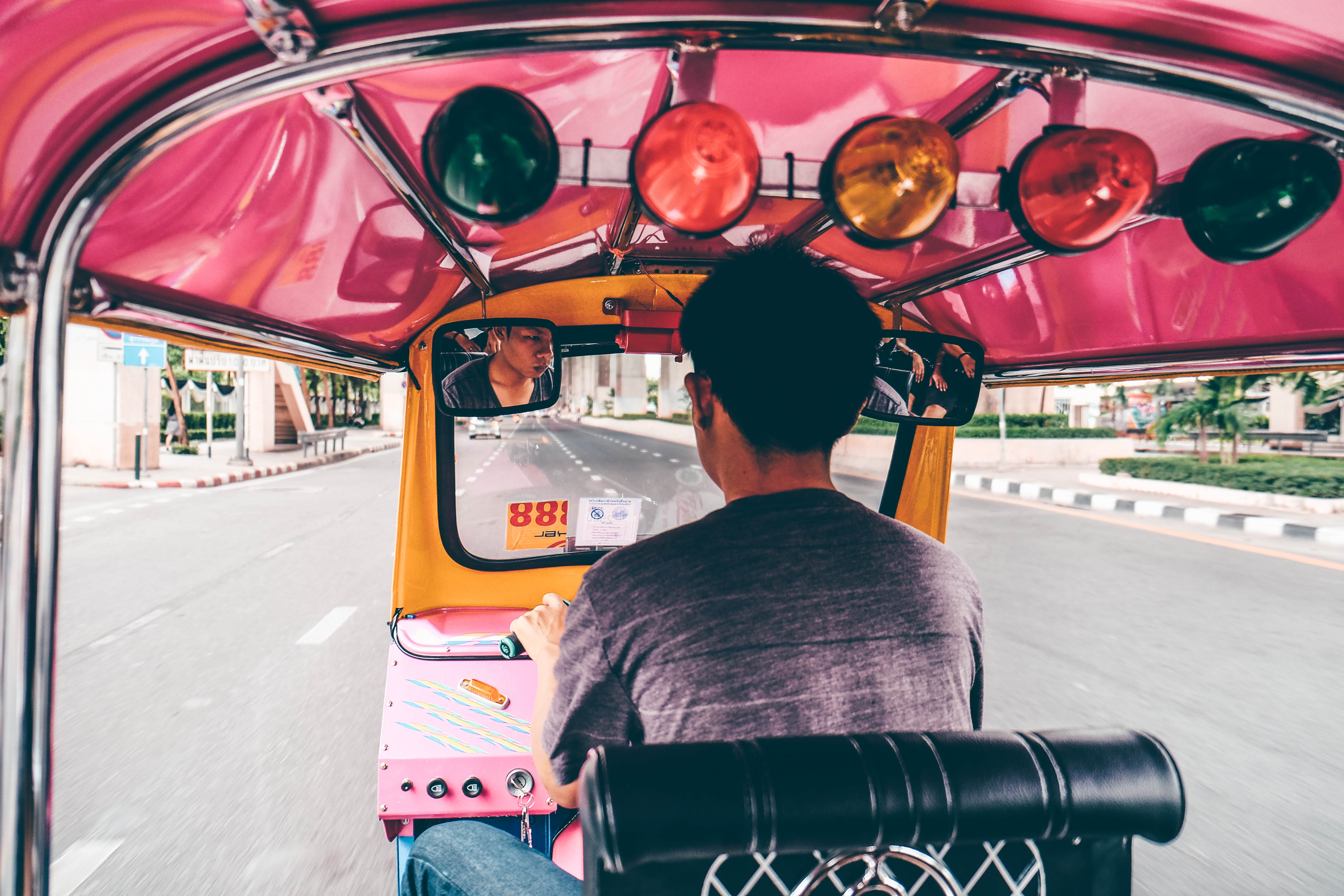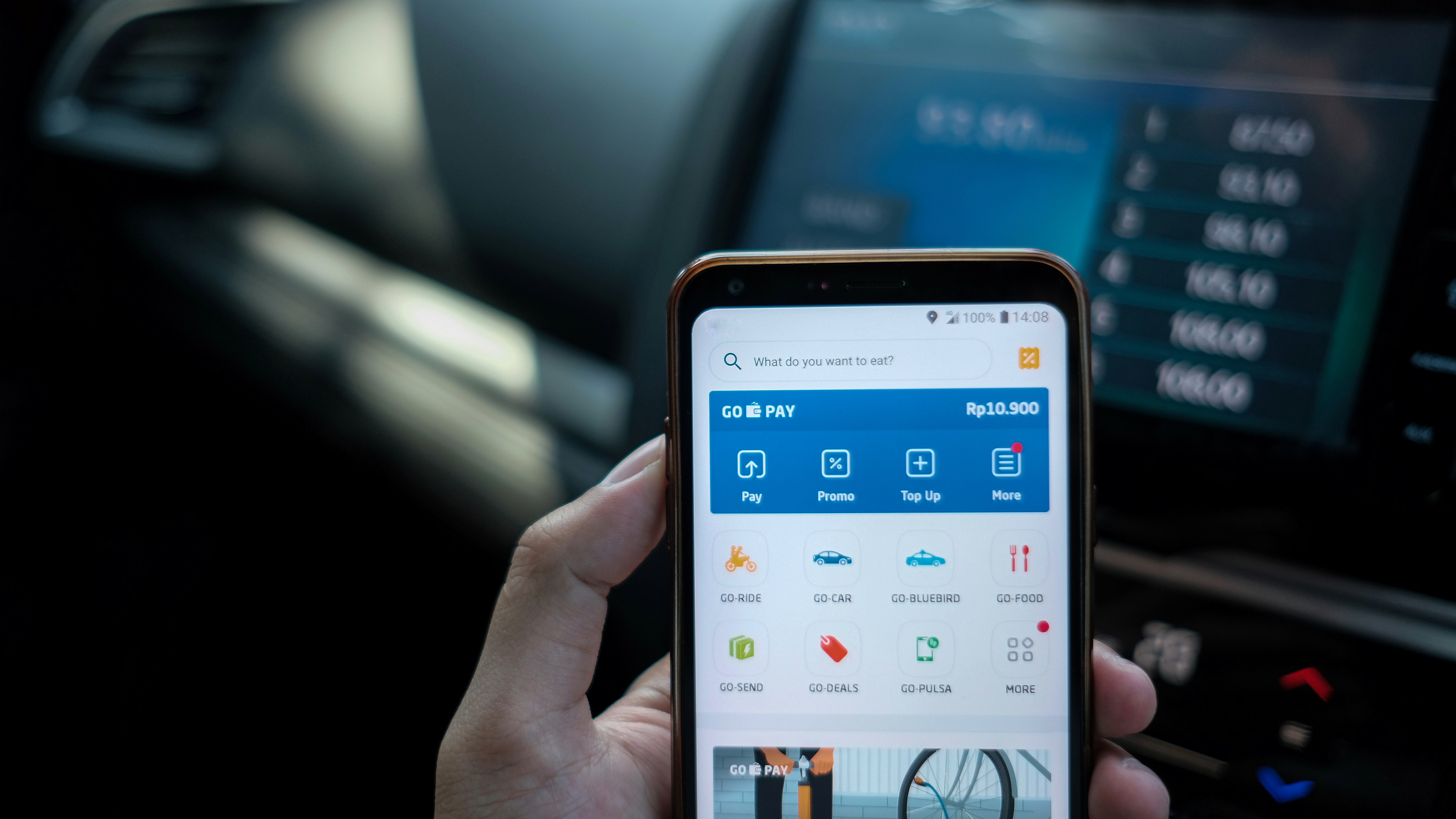Informal transportation is always on the move. Photo by Yuya Uzu on Unsplash
They move millions, employ hundreds of thousands, and support the sizable informal sector in urban economies. They are informal, or entrepreneurial transit modes (think ojeks, tuktuks, jeepneys, matatus or collectivos). They are reliant on the market: people need to go places, and these services fulfill that need. Urban mobility systems in the rapidly growing metropolitan regions of the Global South are privately provided transport modes that have emerged to meet the demand for cheap, flexible mobility.
The UNDP Accelerator Labs announced a new UNDP research agenda in partnership with NewCities’ Global Partnership for Informal Transportation last October, 2021. We came together with the shared goal of making informal transportation more visible on a global scale.
Our work advances the UNDP Accelerator Labs’ focus around informal economic activity using the Lab’s network learning prototype, which aims to transform centrally driven knowledge management and R&D into a distributed model that acknowledges diversity and continuous change across multiple local contexts. With informal economies as a priority area for us to test out new ways of learning, transportation is a first sectoral cut. We are keen to explore all sides of informality, including its positive contribution in terms of providing service to those with mobility needs not currently served by formal systems.
Informal Transportation: an asset or a problem?
For many, informal transportation is a normal part of everyday life. It is highly visible on the streets of cities across the Global South but remains much less visible in mainstream mobility and transportation practice, investment and policy.
Too often the world of informal transport is viewed as a problem to be solved. Yet, informal transport provides us with a window into how people want and need to move. Through a set of specific learning questions, we want to explore the potential of this important sector and eventually, we hope, showcase the opportunities that exist to provide better mobility for all.
As a first step, our review, “Applying Learning Questions on Informal Economies to Informal Transportation,” takes a preliminary look at how these systems work. We consulted literature and interviewed current experts to develop an in-depth understanding. The learning questions explore the perceptions and motivations within the ecosystem of informality, focusing on drivers, operators and passengers. We questioned the incentive to formalize and the risks that may result from it. We looked at the role digital technologies are playing in making the sector more accessible, efficient and profitable, while also considering who it leaves out. We investigate the impact on the environment and try to understand the opportunities to improve sustainability and weave in solutions to move us forward on the Sustainable Development Goals.
Throughout the review, we are concerned with issues of equity and aim to identify those most affected and to understand the challenges they face. Next, we will look for policy models that offer a hybrid between the positive attributes of both formal and informal transportation.
Can we transform the informal transportation sector starting with the workers themselves? Photo by Hanny Naibaho on Unsplash.
Can we find an opportunity to focus on the worker, rather than the service?
The predominant assumption is that informal transport should be formalized. We are looking at the risks and incentives of that assumption. Our work thus far suggests that there is an opportunity to investigate how outcomes might change if we focused on formalizing the drivers and their vehicles, instead of formalizing the services. One expert we spoke with, Aishwarya Raman, from the Ola Mobility Institute argues that current definitions of “formal” and “informal” uselessly strive to regulate services, rather than centering on the rights and protections of the workers themselves. She points to India’s new labor codes of 2019-2020, which enshrined the legal status of gig workers and extended social security benefits such as maternity leave, disability insurance, gratuity and health insurance regardless of employer. While these reforms still await implementation, she believes they hold the potential to transform labor’s relationship with the government and platforms alike.
How can we shift the focus to integration rather than formalization?
As technological capabilities begin to outstrip those of formal public transportation when it comes to booking and payment, the question is how and where to integrate the two. In India, in 2020, for example, Gojek launched GoTransit for seamless multimodal trip planning across its own services and the Jakarta MRT. Will super apps fold formal transportation into their platforms? If so, who will determine public policy for these hybrid entities and how will they make these choices?
Digitalization is transforming the sector. Photo by Edi Kurniawan on Unsplash.
Is digitalization already introducing a degree of formality to informal transport?
The speed and impacts of digitalization over the last two to five years cannot be overstated. In fact, digitalization has introduced a degree of formality to informal transport. By requiring drivers to submit credentials, wear uniforms and submit to GPS-based tracking and surveillance, platforms such as Gojek, Grab, and Ola, for example, have clearly instituted some formalization of the sector, but to what extent is up for debate. Policymakers will need to determine whether and how to ensure interoperability across markets and between players, or even the development of digital public infrastructure and interfaces.
Watch this space.
In the next phase, the UNDP Accelerator Labs will continue to explore these questions in informal transportation. So far, we are working with UNDP Accelerator Labs in Bolivia, Guatemala, Lebanon, Kenya, North Macedonia, Togo, and Zimbabwe.
Read the first set of insights and stay tuned as we continue to share our learnings and (mis)adventures on approaching informal transportation from the bottom up. If you wish to contribute, please contact us at accelerator.labs@undp.org.

 Locations
Locations



